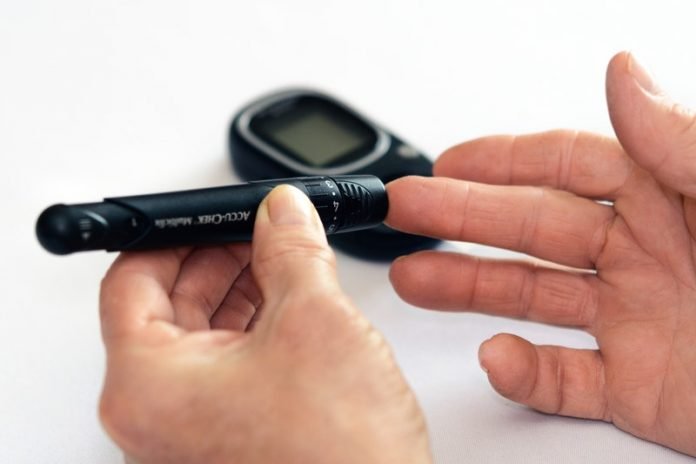
In a new study, researchers found that a history of first-degree family members with diabetes is linked to increased bone mineral density as well as insulin resistance.
The research was conducted by a team of Chinese scientists.
The association between type 2 diabetes and increased fracture risk is well documented.
However, little was known about the possible effect of a family history of diabetes on bone mineral density.
Because patients with type 2 diabetes are at an increased risk of fracture, understanding the early pathophysiology of altered bone mineral density could be critical in the development of preventive strategies for diabetic osteoporosis.
Although strong evidence has revealed normal to high bone mineral density in most patients with type 2 diabetes, no data have been published, to date, that demonstrates whether BMD is altered in persons with a first-degree family history of diabetes.
In this study involving nearly 900 postmenopausal women, the team found that the bone mineral density of the lumbar spine and femoral neck was much higher in participants with a first-degree family history of diabetes than in those without such history, even in women with normal blood glucose levels.
These same participants additionally showed increased insulin resistance and hyperinsulinemia.
The findings show an association between a family history of diabetes and increased bone density in postmenopausal women.
This finding may be related to higher insulin levels in these women with a hereditary predisposition to diabetes because insulin has a bone-building effect.
The team says although this sounds like good news, these women are at increased risk for developing diabetes, which is associated with skeletal fragility and increased fracture risk.
The study is published in Menopause.
Copyright © 2019 Knowridge Science Report. All rights reserved.



